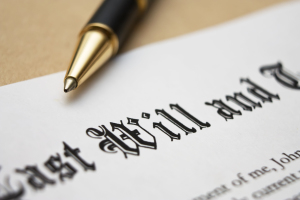 Today’s top story: Prices are skyrocketing, and how to lessen the impact. Also in the news: How to talk to your parents about estate planning, air fryer Black Friday 2021 deals, and why travel insurance is a great holiday gift to yourself.
Today’s top story: Prices are skyrocketing, and how to lessen the impact. Also in the news: How to talk to your parents about estate planning, air fryer Black Friday 2021 deals, and why travel insurance is a great holiday gift to yourself.
Prices Are Skyrocketing: Here’s How to Lessen the Impact
Inflation reached a 30-year high in October, according to fresh CPI data from the U.S.Bureau of Labor Statistics.
Why (and How) to Talk to Your Parents About Estate Planning
Help ensure that everything plays out the way Mom and Dad would want.
Air Fryer Black Friday 2021 Deals: Are They Worth It?
Target is discounting a 5-quart air fryer by $60, and Macy’s has air fryers starting at $24.99.
Consider Gifting Yourself Travel Insurance Ahead of the Holidays
Buy yourself some peace of mind by getting travel insurance, either through your credit card or a full policy.
 Today’s top story: How to leave Crypto to a loved one. Also in the news: Black Friday return policies, the October jobs report gives tired travelers a glimmer of hope, and the unexpected way bad credit messes with your life.
Today’s top story: How to leave Crypto to a loved one. Also in the news: Black Friday return policies, the October jobs report gives tired travelers a glimmer of hope, and the unexpected way bad credit messes with your life.  Today’s top story: When a will won’t work. Also in the news: 6 gift categories unaffected by supply chain delays, 3 ways to tap the unexpected equity in your leased car, and alternatives to backdoor Roths.
Today’s top story: When a will won’t work. Also in the news: 6 gift categories unaffected by supply chain delays, 3 ways to tap the unexpected equity in your leased car, and alternatives to backdoor Roths.